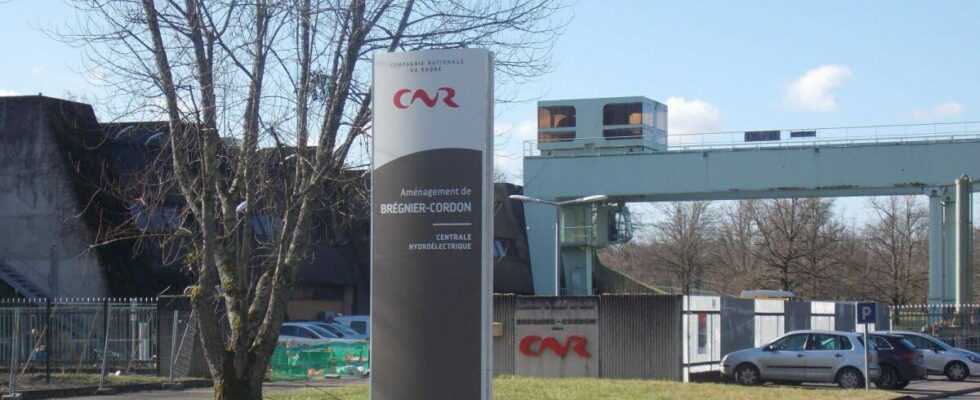The bill brought by Patrick Mignola (MoDem), supported by the government, has already been unanimously validated at first reading by the National Assembly. Deputies and senators will now try to agree on a common text with a view to final adoption before the end of the month.
A concession of 27,000 hectares
Created in 1933, the CNR was entrusted with the Rhone concession the following year with three missions: hydroelectricity production, river navigation and agricultural irrigation.
The CNR concession (approximately 1,400 employees) expires on December 31, 2023. It represents 27,000 hectares, spread over 3 regions and 11 departments. It notably includes 19 hydroelectric structures, 14 wide-gauge locks and 22 industrial and port sites.
“This concession is a great tool for ecological transition”
“This century-old concession has become a formidable tool for ecological transition”, boasted the Minister in charge of Housing Emmanuelle Wargon. “Today it is the leading producer in France of exclusively renewable energy, and this with a varied mix that takes advantage of the energy of water, of course, but also of the wind and the sun”.
The centrist rapporteur Patrick Chauvet hailed “an exemplary operator for the reconciliation of economic activities with environmental issues, the involvement of public authorities alongside private companies, and the complementarity of energy missions with those of agriculture or rivers”. The CNR “produces 25% of our hydroelectricity”, he underlined.
Promoting “renewable hydrogen”
The Senate adopted a series of amendments “which do not substantially modify the general balance of the bill”, according to the rapporteur.
On the energy transition aspect, the senators suggest favoring “renewable and low-carbon hydrogen” and “innovative photovoltaics”. They also took care to “better involve local authorities” and “support agricultural professionals”. “We would have liked to strengthen the mission of preserving biodiversity a little more,” said ecologist Thomas Dossus.
A consultation began in 2016 between the State and the European Commission to ensure that an extension of this concession would not contravene the State aid regime, or that of public orders.
